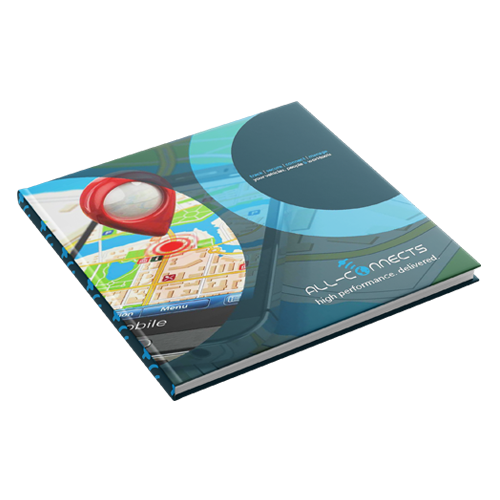In recent years, Bluetooth® innovations have been more widely used in commercial businesses, retail, hospitality and tourism. Thanks to the global spread of the technology, its method of signal transmission, its low power consumption and its ability to create large-scale device networks, Bluetooth technology is now in an excellent position to further enhance the healthcare experience for patients and staff.
| April 2022 |
All-Connects introduces CHECK.connects, a material management system that digitises the search for medical equipment, IT devices and other work resources. Thanks to the localiser app with its handy search function, employees always know where their work resources are. To achieve this, all mobile devices to be tracked are equipped with Bluetooth low energy sensors, or BLE tags. By means of track & trace technology, a wireless gateway infrastructure and the CHECK.connects application, these tagged objects can be located easily and quickly. Via CHECK.connects, the lifecycle of each device can also be monitored. Service and maintenance can be planned proactively so that your team is always assured of properly functioning devices. Less time lost, less costs for replacing lost equipment and a better purchasing strategy are the result.
From fitness trackers and smartwatches to glucose meters and pulse oximeters, Bluetooth technology has taken over the connected device market and is increasingly replacing wired equivalents in recovery rooms, operating theatres and ICUs.
New enhancements to the technology significantly improve security, increase signal coverage and strengthen equipment tracking capabilities, expanding the range of uses for Bluetooth devices in healthcare facilities. Using Bluetooth technology, patients and visitors can easily navigate a large hospital or medical campus, while care staff can quickly locate hospital resources such as essential medical equipment and patients requiring urgent care.
Concerns about adding radio frequency technology to an environment already saturated with wireless signals may cause healthcare facilities to be reluctant to use . Having too many devices transmitting on commonly used channels can lead to radio interference and distortion. But Bluetooth® technology uses adaptive frequency hopping (AFH) to minimise its impact in environments overloaded with wireless signals.
Through AFH, a Bluetooth device can see which channels are in use and avoid those channels in the hop sequence. This reduces radio impedance and allows Bluetooth packets to be transmitted through the heaviest sources of interference, making it an ideal addition to any wireless infrastructure.
Since the introduction of Bluetooth® Low Energy (LE) in 2010, Bluetooth technology has supported optimised power consumption on battery-powered devices that can transfer small amounts of data to local user interfaces such as tablets and smartphones.
Healthcare institutions and hospitals today use a wide range of medical devices - such as blood glucose meters, infusion pumps, asthma inhalers and implantable cardioverter-defibrillators (ICD) - that use this technology to improve patient monitoring and care. Thanks to Bluetooth LE's energy efficiency, these devices can be monitored for years. The energy-efficient features of Bluetooth LE also support compliance requirements for environmental sensors and patient room monitoring.
As the demand for comprehensive, secure wireless device networks in commercial and industrial spaces continues to grow, healthcare environments can benefit from the increased security, reliability and scalability offered by these facility-wide networks.
Bluetooth® gateway enables the creation of large-scale device networks and is ideally suited for control, monitoring and automation systems that require dozens, hundreds or thousands of devices to communicate with each other reliably and securely. A Bluetooth gateway network can help healthcare facilities combat cost pressures, provide better patient care and improve operational efficiency by using Bluetooth technology to monitor patients and advance emergency services.
Have this blog answered your questions and are you ready to talk to us about a digital solution tailored to your business? Call us for an exploratory meeting: 03 289 55 35, or contact us online below. We'll explain how the Check.connects app can work for you, answer your questions and send you a no-obligation proposal that is 100% tailored to your needs.
After reading this blog, are you curious about which tracking and digital solutions All-Connects offers? Ask us your question and we will answer you as soon as possible.
